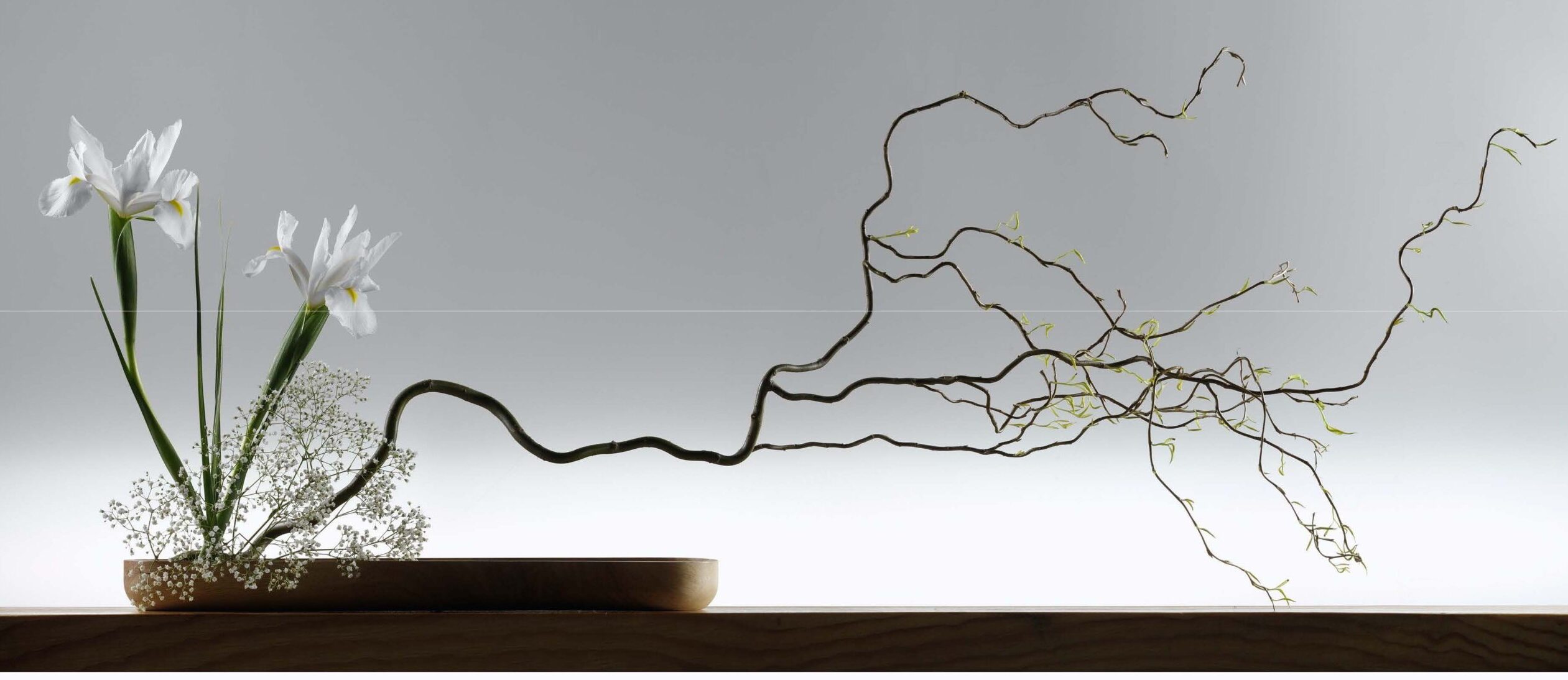
Artmaking in the Classroom and the Possibilities of Incantation
During the past year, two of my favorite Brazilian writers and educators, Luiz Antonio Simas and Luiz Rufino collaborated on yet another book: Encantamento: Sobre a Política da Vida (Incantation: On the Politics of Life). One of the central affirmations of their work (which follows their previous co-authored publications: A Pedagogy of the Crossroads, An Arrow Through Time, and The Enchanted Science of Macumbas) is that the opposite of life isn’t death—it is desencantamento, or an inability to surrender to a process of incantation. As a verb, incantare evokes our capacity to fuse song and word in an effort to raise our spirits, to spark magic in our imaginations, to invite divine presence. Our capacity to incantate spaces of learning does precisely what theologian Rubem Alves invites us to do: name and invoke the not-yet worlds, so as to break the spells of right-here worlds that continue to abandon, oppress, exclude, and sever from ourselves and our communities of belonging.
Incantation as a poetic of resistance allows us to escape, disobey, and ambush the traps set through the colonial matrix of power so that bodies can dare to see, create, invent, and integrate new possibilities freedom, belonging, and liberation through creativity and imagination. Incantation, Simas and Rufino affirm, nests our capacity to move through time, to experience a passage between forms and worlds, to change our points of reference through a politic of life that is rooted in an imprinting of the everyday as rites of reading and writing different poetic routes capable of setting traps to our collective loss of hope and vivacity.[i] In this sense, incantation is an exercise in emergence and survivance that lives and breathes beyond the terrorizing effects of coloniality. It’s the commitment to movement, occupation, visibility, insertion, and participation. It’s the creative force that travels through crossroads of knowledge-making, confronting hierarchizations produced by ontological, epistemological, and semiotic violences.
Art, as I understand it, has a tremendous power to forge incantatory pathways of resistance because of its capacity to dis-educate us from disciplinary molding. It reverberates and discloses to us that which is hidden in our interior recesses in embodied, striking, and visceral ways. It can help us re-educate our affections, as Paulo Freire puts it, or work a kind of magic in our souls, as bell hooks states. It also inspires us to name the world as we see it, and to find a poetic tongue when the language we know fails us. It helps us resist, heal, connect, conjure, and tend to all our relations. As generative clearings, the arts are sites for world-making, for dreaming, rehearsing, and choreographing new possibilities of being and intervening in the world. When we immerse ourselves in acts of artmaking, we have the opportunity to access the visceral, the somatic life of the body, its reflexes, limits, intuition, responses, desires, needs, and its alchemies. When we encourage and invite students to in-corporate artmaking processes as they engage readings, discussions, and bodies of knowledge, we participate in this politic of incantation.
A student’s performance and ritual entitled “Disposable Beauty” still stands as one of the most profound and generative projects to which I have been witness. As a final integrative assignment, the performance consisted of placing delicate flower arrangements throughout locations in her neighborhood that were marked by abuse, violence, and abandonment. Such poetic gestures in vulnerable spaces in the city sought to raise awareness of our transience, interdependence, and negligence in the face of injustice.

The flower assemblages were made out of blossoms and foliage that flower shops would throw away at the end of the day. This poetic gesture both incantated and resisted the (i)logic of degradation, disposability, oppression, and inequity by orienting herself and participants in acts of creative wonder. Through her invocation of not-yet worlds, she extended a gesture of care, of regard, of re-worlding, refusing to be desencantada with the world around her. At the end of these performances, she invited folks to partake in tea ceremonies that were rooted in offering the gift of reciprocity, spiritual care, regard, and a warm cup of tea. As a poetic of incantation, her artistic gestures imbued spaces of desolation, disposability, and abandonment with love, presence, and beauty through a practice that integrated the semester’s resources, readings, discussions and questions with her own wisdom, creativity, and spiritual sensibilities.
I return to this experience often to remind myself to continuously ask how many of the assignments outlined in my syllabi impede or foster poetic and incantatory experimentations.
Notes
[i] See Luiz Antonio Simas and Luiz Rufino, Encantamento: Sobre Política de Vida (Rio de Janeiro, RJ: Morula Editorial, 2020).
Leave a Reply